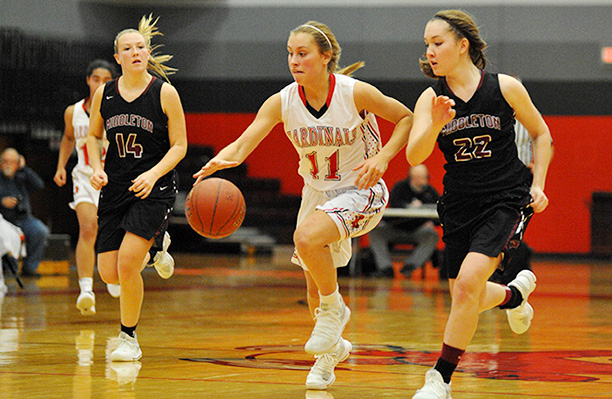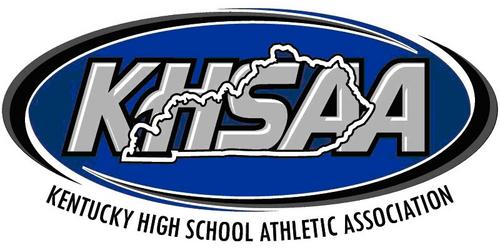Schools must not overwork athletic directors
Each year, our January edition features the results of our athletic director survey, a report that provides us insight on the state of the industry. All of the information is invaluable, but there’s one question that always interests me most: What concerns you as an athletic director?
 This is the inquiry that helps me understand what athletic administrators are going through and the challenges weighing on their minds. Each year brings many of the same responses — qualified coaches, budgetary issues, parents — but one in particular is cause for concern: increasing responsibilities.
This is the inquiry that helps me understand what athletic administrators are going through and the challenges weighing on their minds. Each year brings many of the same responses — qualified coaches, budgetary issues, parents — but one in particular is cause for concern: increasing responsibilities.
The more I speak with athletic administrators the more I recognize the parallels between our professions. The economic downturn devastated funding for many school districts, and athletic programs were one of the first departments targeted by school boards for reductions. Coaches and other paid staff were cut, but schools expected athletic administrators to continue producing the same quality product. That’s when the job started to change.
I worked at a newspaper once that was going through a particularly hard time financially. One day, we were called into a meeting where the editor announced a number of layoffs and a cut to our hours. “We’re just going to have to do more with less,” I remember him saying.
I’ve always hated that rhetoric, because doing more with less emphasizes quantity over quality. We could write more stories and shoot more photographs, but the product can’t be the same. Journalists are spread thin, and that diminishes the quality of their work. A number of athletic directors fear they’re heading down a similar path.
“It’s no longer an athletic director position by itself,” one athletic administrator said in our survey. “It’s however many other roles they can hand off to you to take. The athletic director position is killing guys and they’re leaving the role. It’s getting harder and harder to find people willing to work the 10- to 11-hour days, six days a week and get the job done for not that much money.”
Schools must be careful of how much responsibility they’re shoveling into the laps of athletic directors because there is a tipping point. Once you lean too hard on athletic administrators, the quality of the program begins to decline. They then become frustrated and look for new work, maybe at another school or in a new profession. Turnover at the position damages morale and confidence with coaches in the program, and before you know it the sports department is a mess.
I wish I were exaggerating, but the domino effect is real. Schools that value their athletic programs and the leaders who oversee them must be conscious of what’s at stake. If they expect athletic directors to do more with less, they must accept the consequences.





